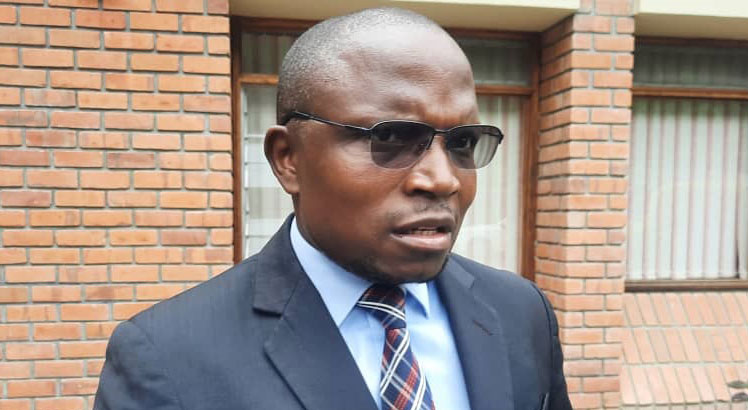Trade programme set to build bridge in Dedza
Transforming Agriculture Through Diversification Entrepreneurship (Trade) programme is set to construct a bridge across Livizi River in Traditional Authority (T/A) Kasumbu in Dedza District.
Speaking in an interview on Tuesday, Trade programme knowledge and communications officer Oscar Ulili said the project will cost over K80 million.
However, he said the benefits outweigh the cost as farmers will be able to transport their produce to markets easily.
Said Ulili: “Trade programme’s goal is to improve livelihoods of rural smallholder farmers. That is why we implement various interventions, including rehabilitating roads, to help farmers graduate from subsistence to commercial farming.
“We saw a need to construct a bridge across the river because we are working with potato farmers from Kanyama Extension Planning Area.”

He said besides easing mobility for farmers, the bridge will also benefit children going to Mpalare Primary School.
Dedza district agriculture extension development coordinator Dyna Mwinjiro said improvement in road network will transform the lives of 113 276 community members in the area.
“People in the area face a lot of challenges, ranging from poor access to farm inputs [under the Affordable Inputs Programme], markets, education and health facilities as the bridge is impassable,” she said.
Kanyama Potato Cooperative chairperson Phillip Njalale said farmers sell their potato at low prices as buyers are reluctant to buy at the recommended prices because of mobility challenges.
He said: “Buyers are not willing to buy from us at a recommended price because they spend more money on transport.
“Another challenge is that it takes long for buyers to reach us because of poor road network.”
Construction of the 11-metre bridge, which was damaged in 2012, is expected to be finished within 90 days.
Trade is a six year government programme under the Ministry of Local Government, Unity and Culture with support from the Opec fund.





